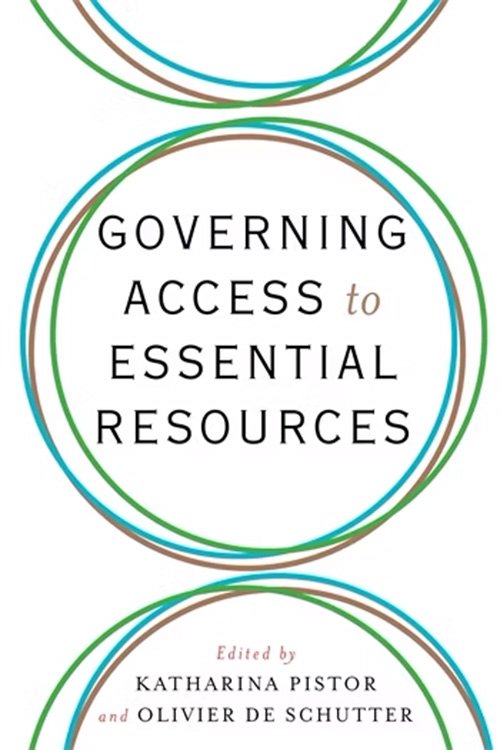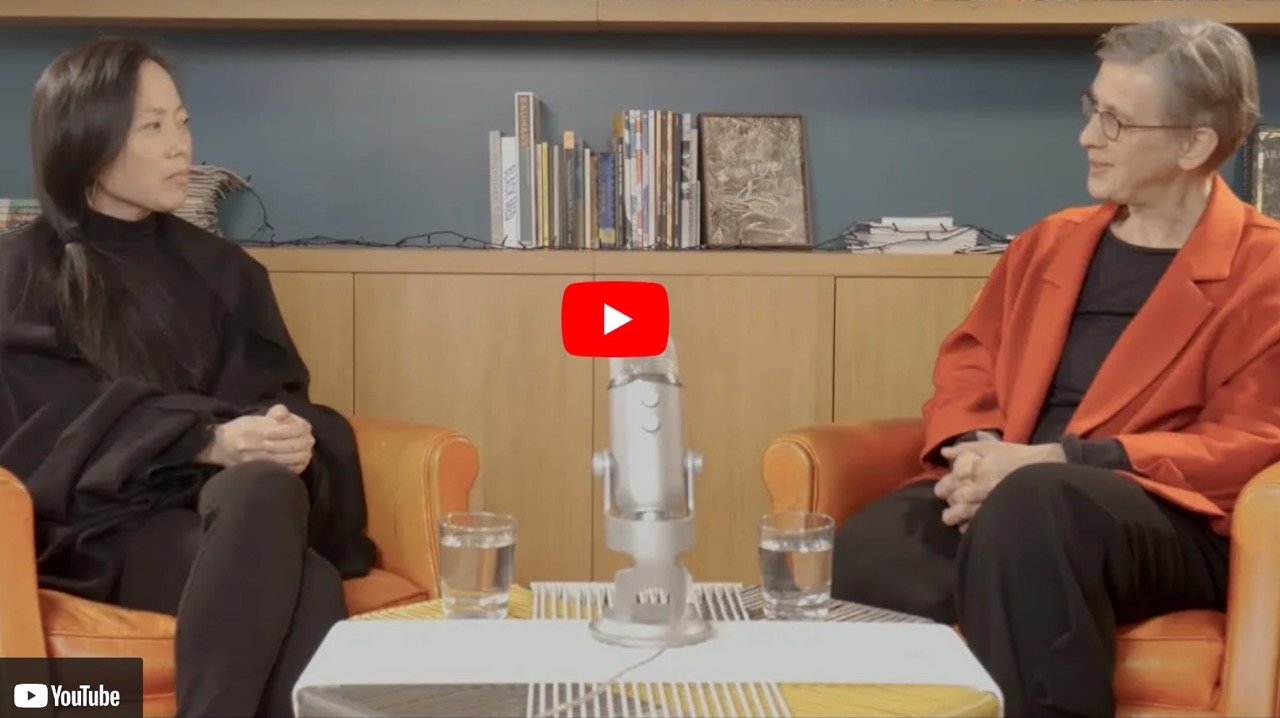Rule by Data: The End of Markets?
In this paper, Pistor argues that while it may well be the case that law constitutes markets, markets are not the only way in which economic relations may be organized, and law is not the only feasible mode of governing these relations. Central planning under socialism posed an alternative, which proved ultimately non-viable.1 The rise of big tech companies (Big Tech) and their accumulation of vast amounts of data offers yet another possibility: the rule by data.

The Code of Capital
Capital is the defining feature of modern economies, yet most people have no idea where it actually comes from. What is it, exactly, that transforms mere wealth into an asset that automatically creates more wealth?

The Law of Capitalism and How To Transform It
New for Fall 2025: A fascinating study of the legal underpinnings of capitalism, why the system must be transformed, and what we can do about it

Law & Capitalism
What Corporate Crises Reveal about Legal Systems and Economic Development around the World

Law & Capitalism - Podcast
In this series, Katharina Pistor breaks down the history, process, institutions, and participants involved in the legal coding of capital.

Governing Access to Essential Resources
Essential resources do more than satisfy people's needs. They ensure a dignified existence. Many are searching for ways to ensure their fair distribution.
The Clarendon Law Lectures 3: Rethinking the Theory of the Firm
Tuesday, May 21, 2024
Economists discovered the firm as a serious object of inquiry only a century ago when Ronald Coase famously asked, why firms exist at all. Firms were benchmarked against markets, which gave us transaction cost economics and the incompleteness of contracts as foundations for the theory of the firm.
The Clarendon Law Lectures 2: Finance – A Double-Edged Sword
Monday, May 20, 2024
Finance is a critical ingredient for all enterprises. It is well established that early on most rely on family on friends, and occasionally on local banks. Scaling size and operations, however, often requires external funding in addition to retained earnings.
The Clarendon Law Lectures (1) 2024: The Non-Capitalist Enterprise
Friday, May 17, 2024
This is the first in a series of lectures given by Katharina Pistor for the Oxford University Faculty of Law in 2024.
Enterprises have been around for much of human history. They are formed when people join forces in pursuit of a common goal, for pooling skills and resources, diversify risk, or simply finding a way to sustain themselves and their families.

Reimagining the Digital Code: a Conversation between Katharina Pistor and Pauchi Sasaki
Katharina Pistor and Pauchi Sasaki discuss the dangers and possibilities embedded in digital code, how it could be different, what a feminine approach to coding might look like, and how conscious coding decisions could be made to empower individuals.

INET Interview: Legal Evil
From feudal land rights to intellectual property in the modern era, lawyers have been battling over capital for centuries. Typically leveraging social resources to generate and protect private wealth. Katharina Pistor (Columbia University, Center on Global Legal Transformation) explains how this epic struggle has progressed, the rules of the game, and how those rules are manipulated. In her book “The Code of Capital: How the Law Creates Wealth and Inequality,” Pistor lays out all this and more.